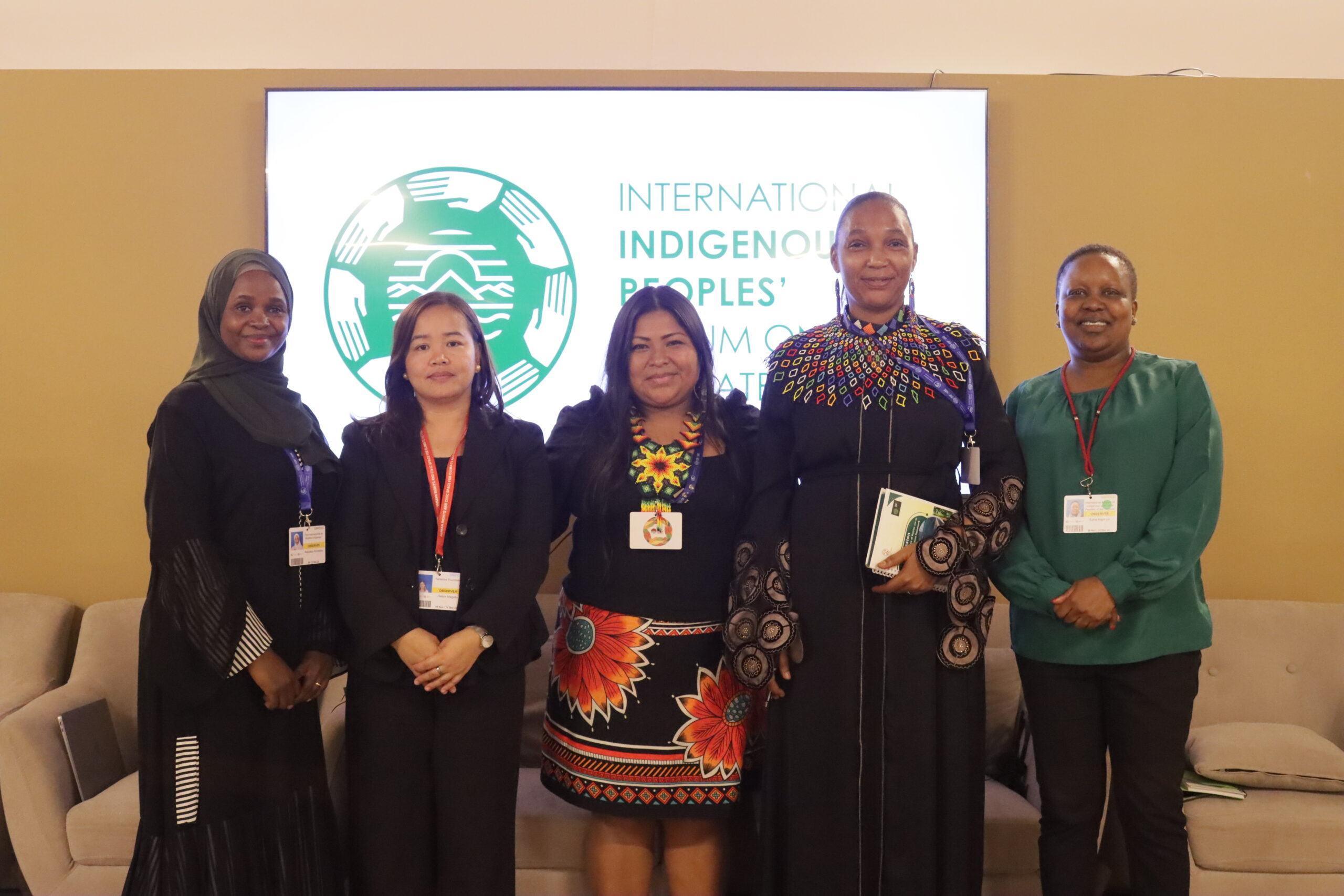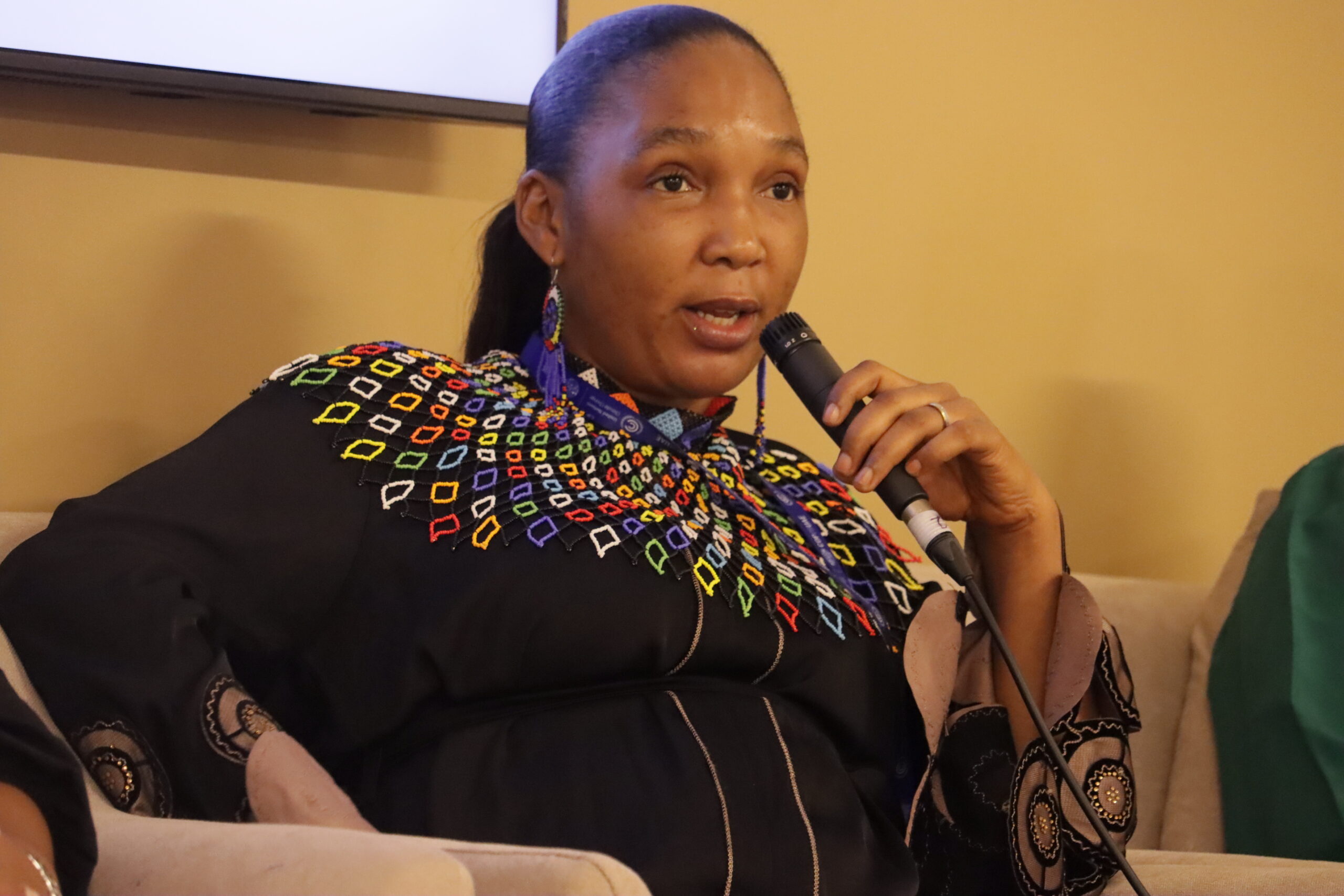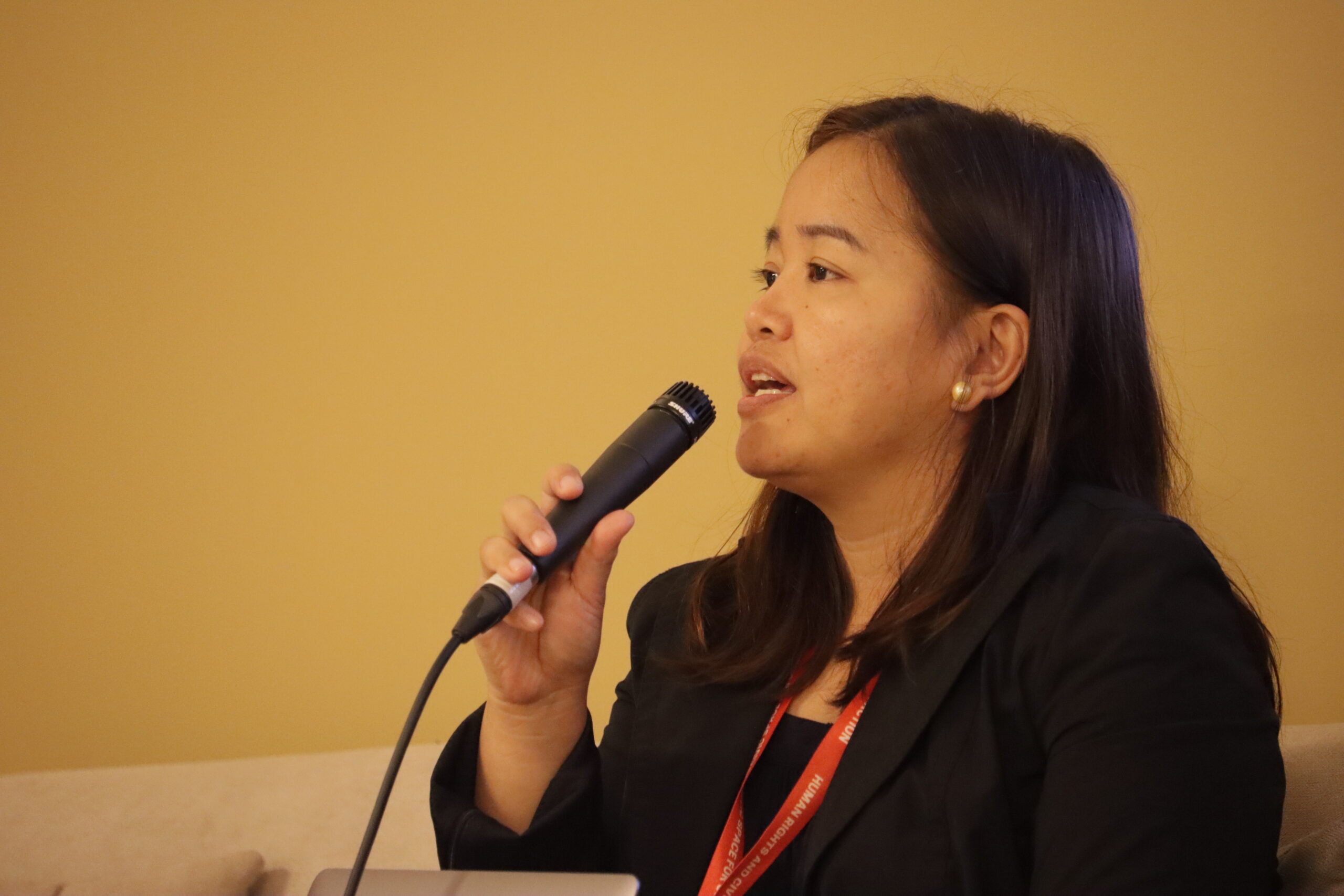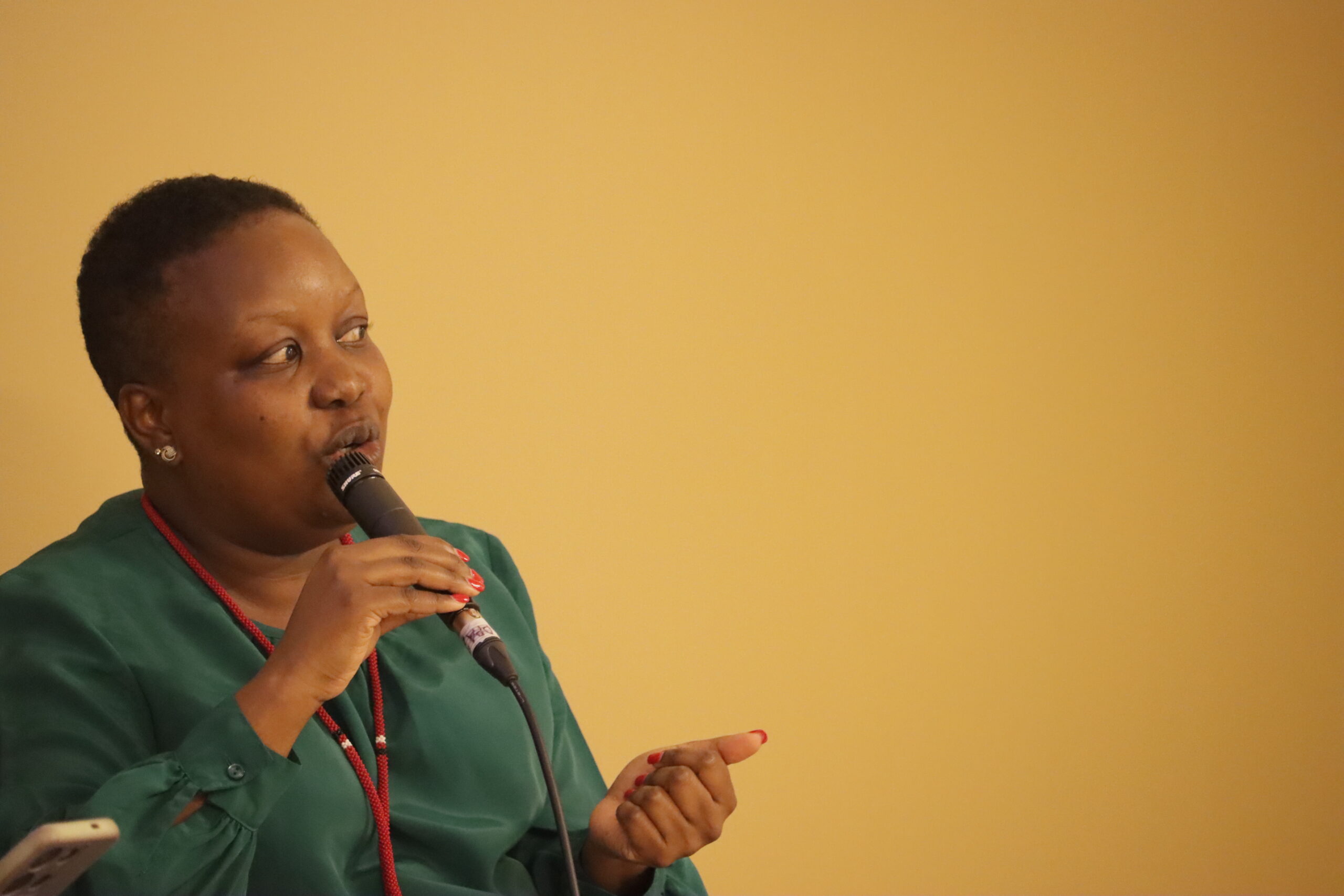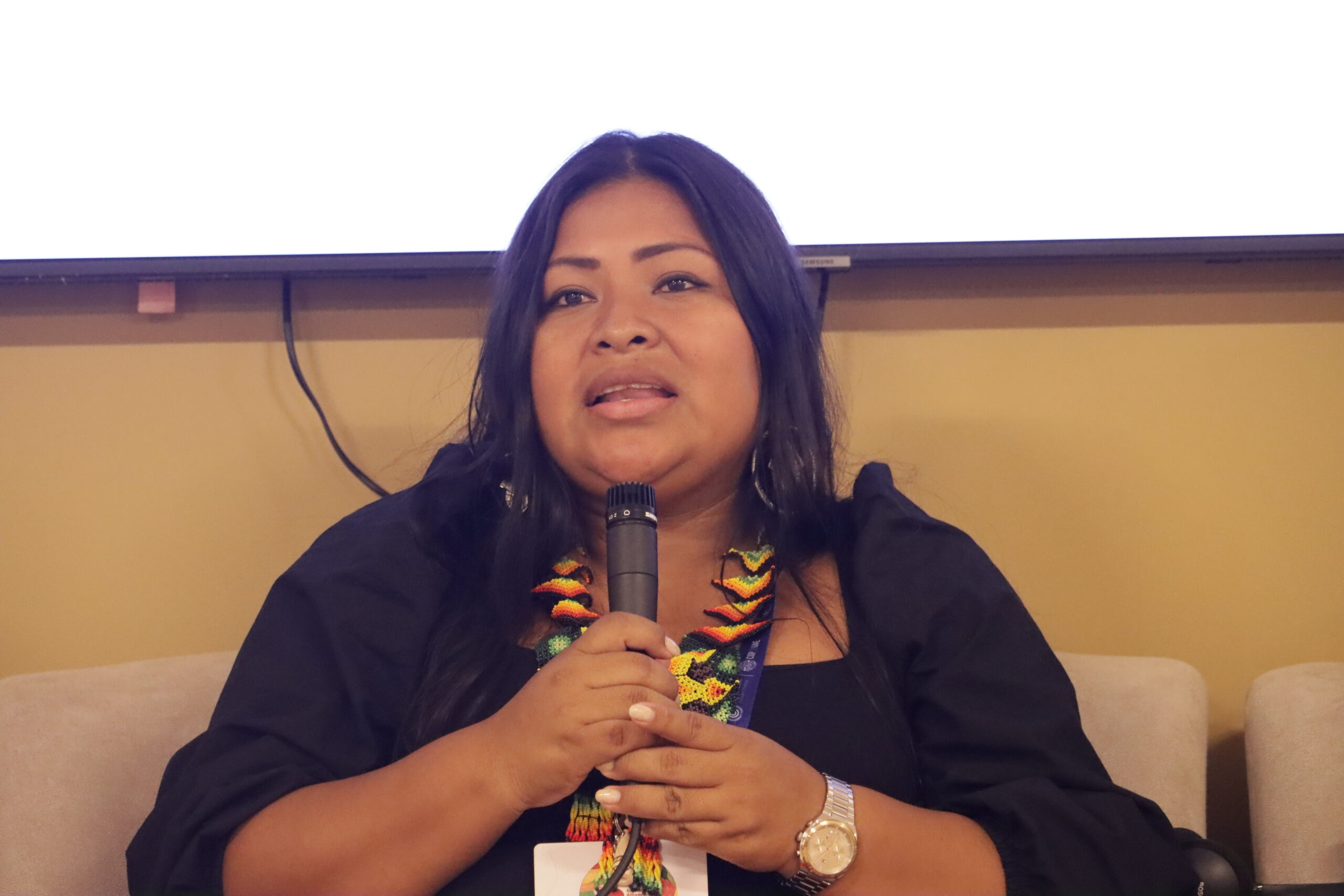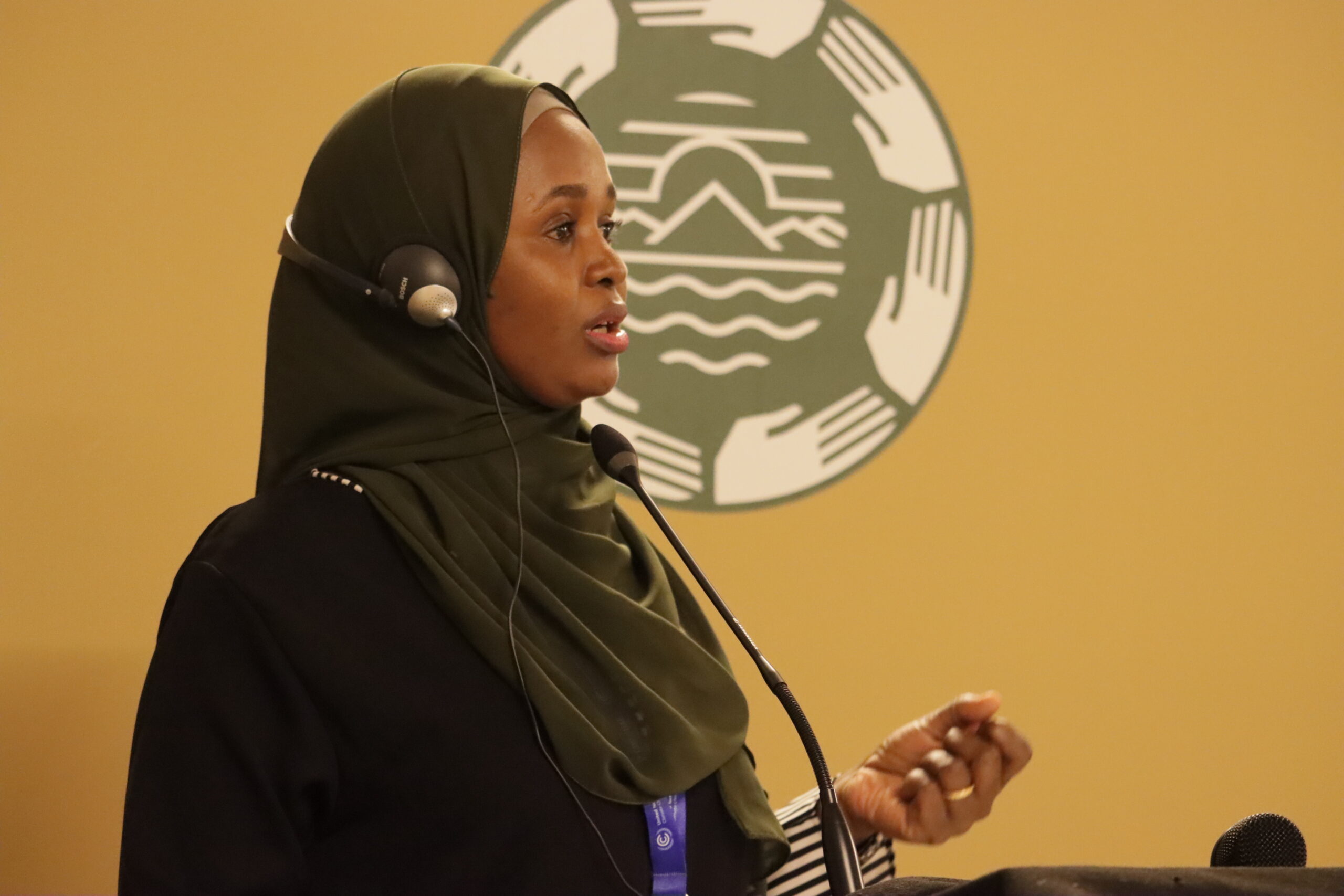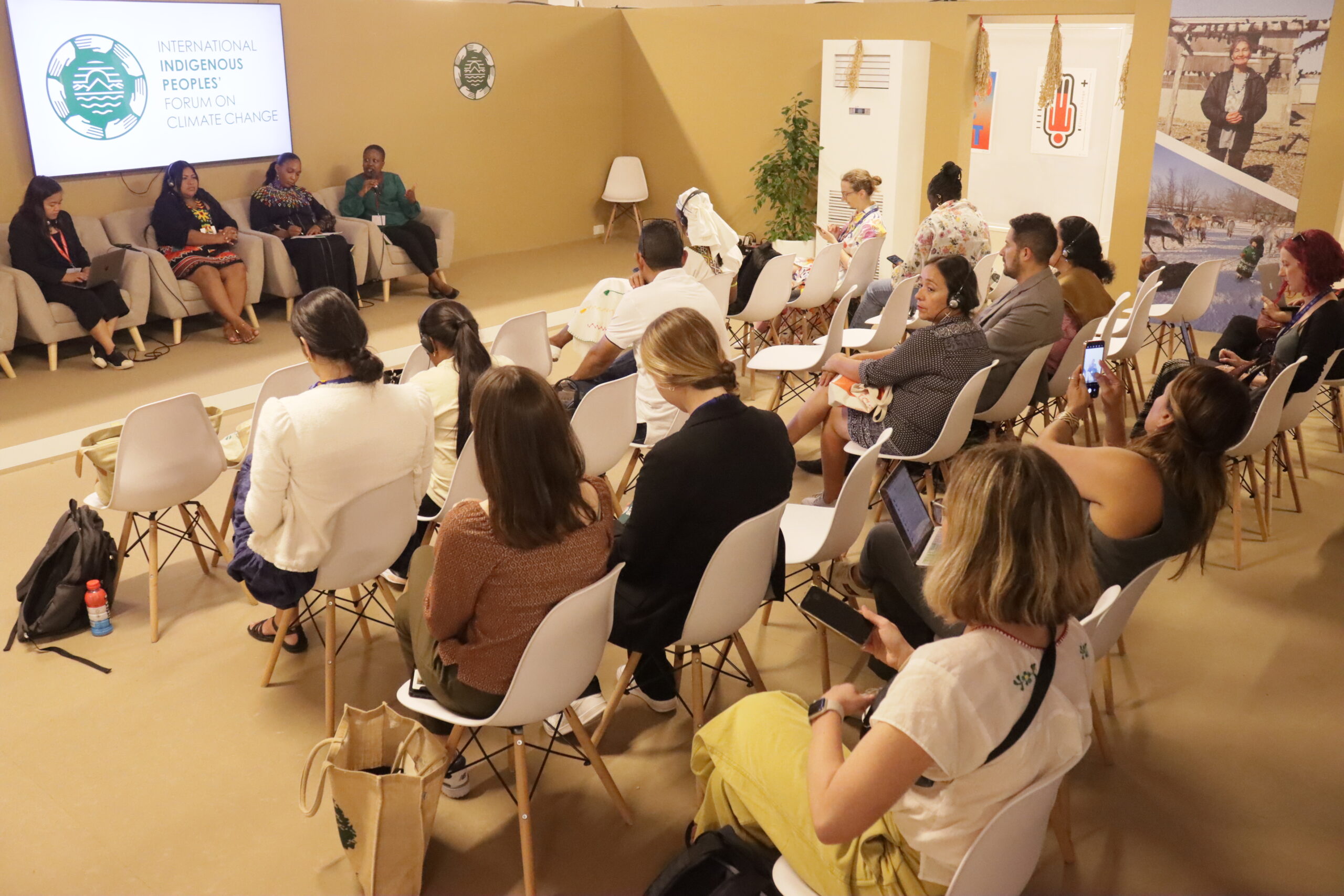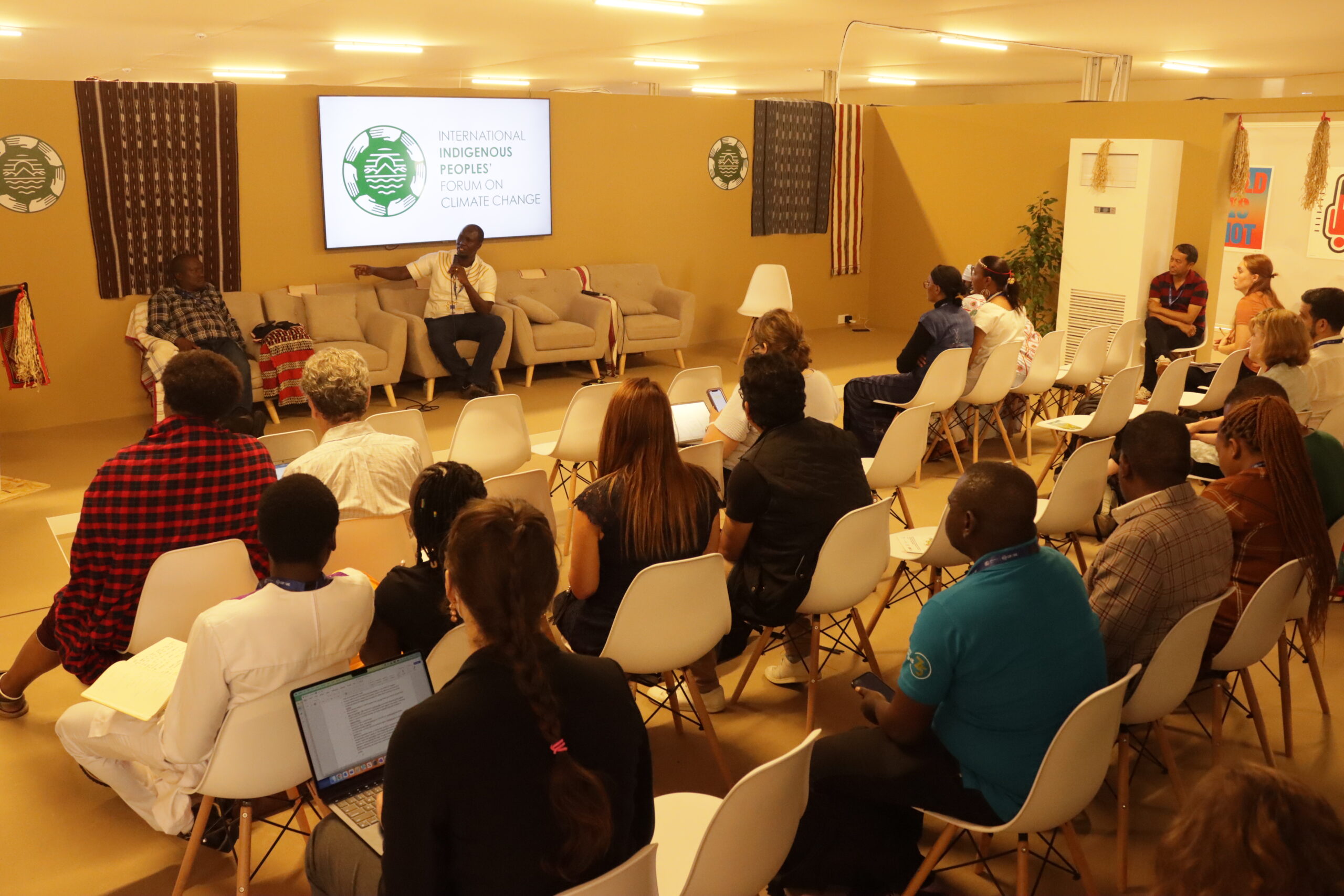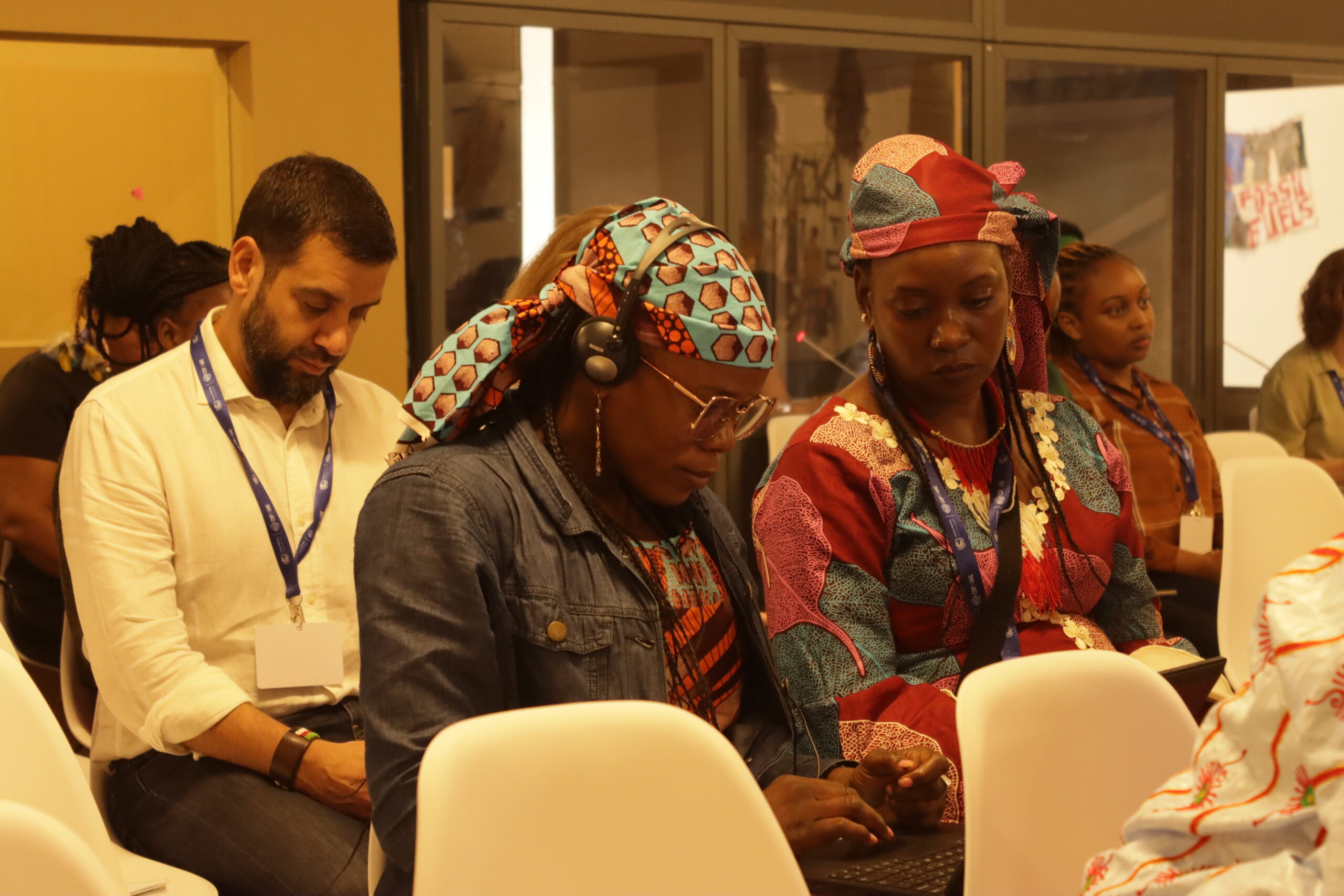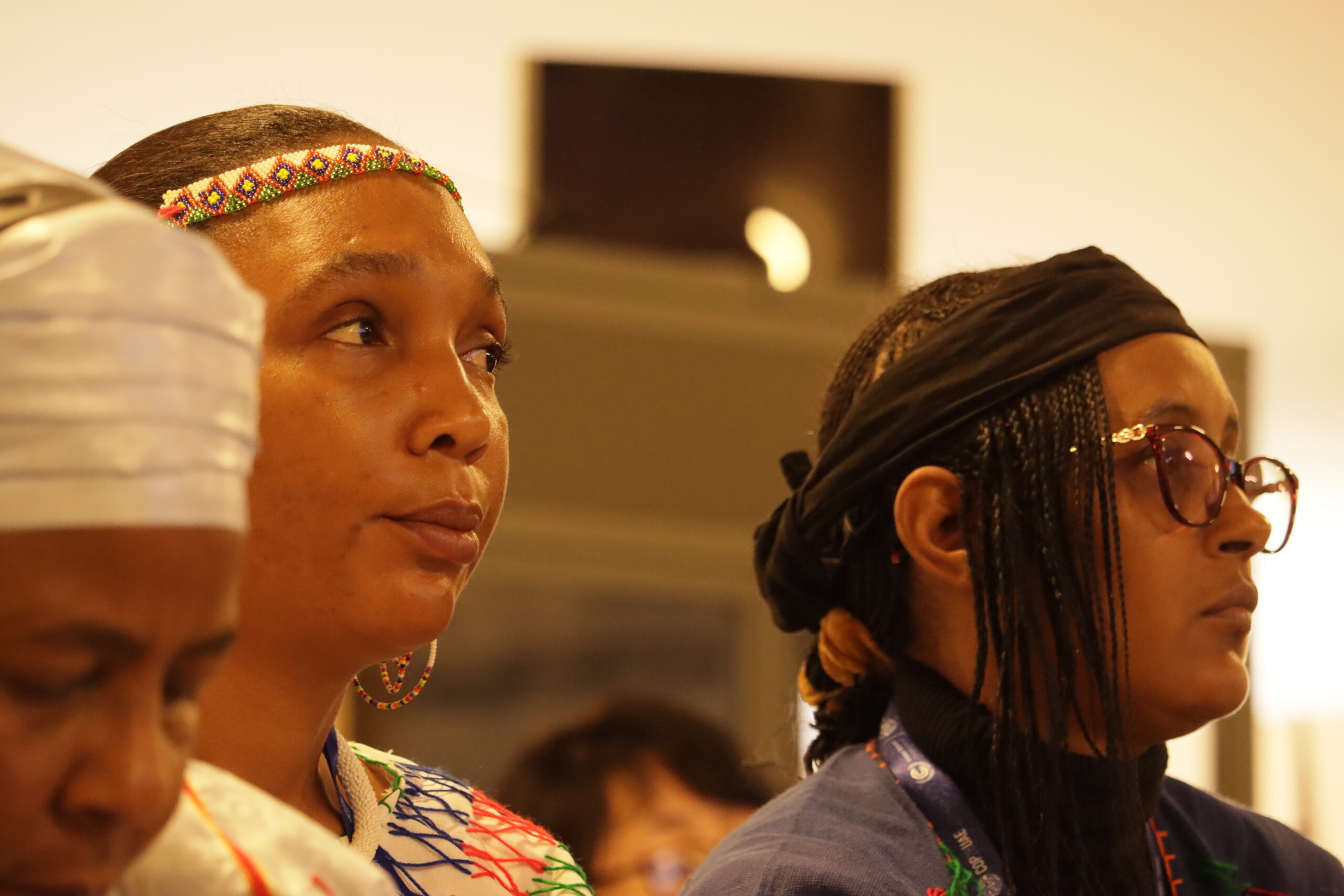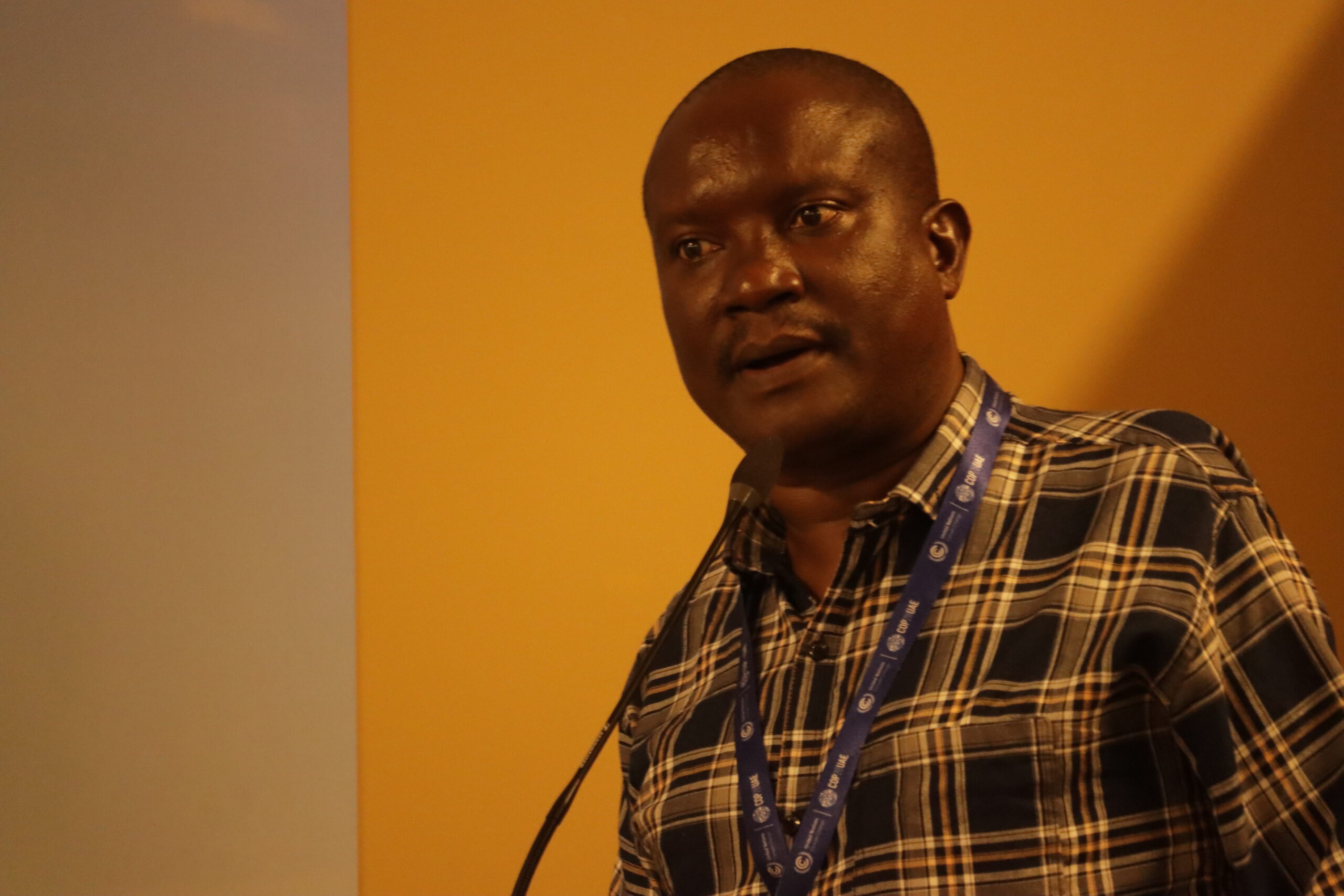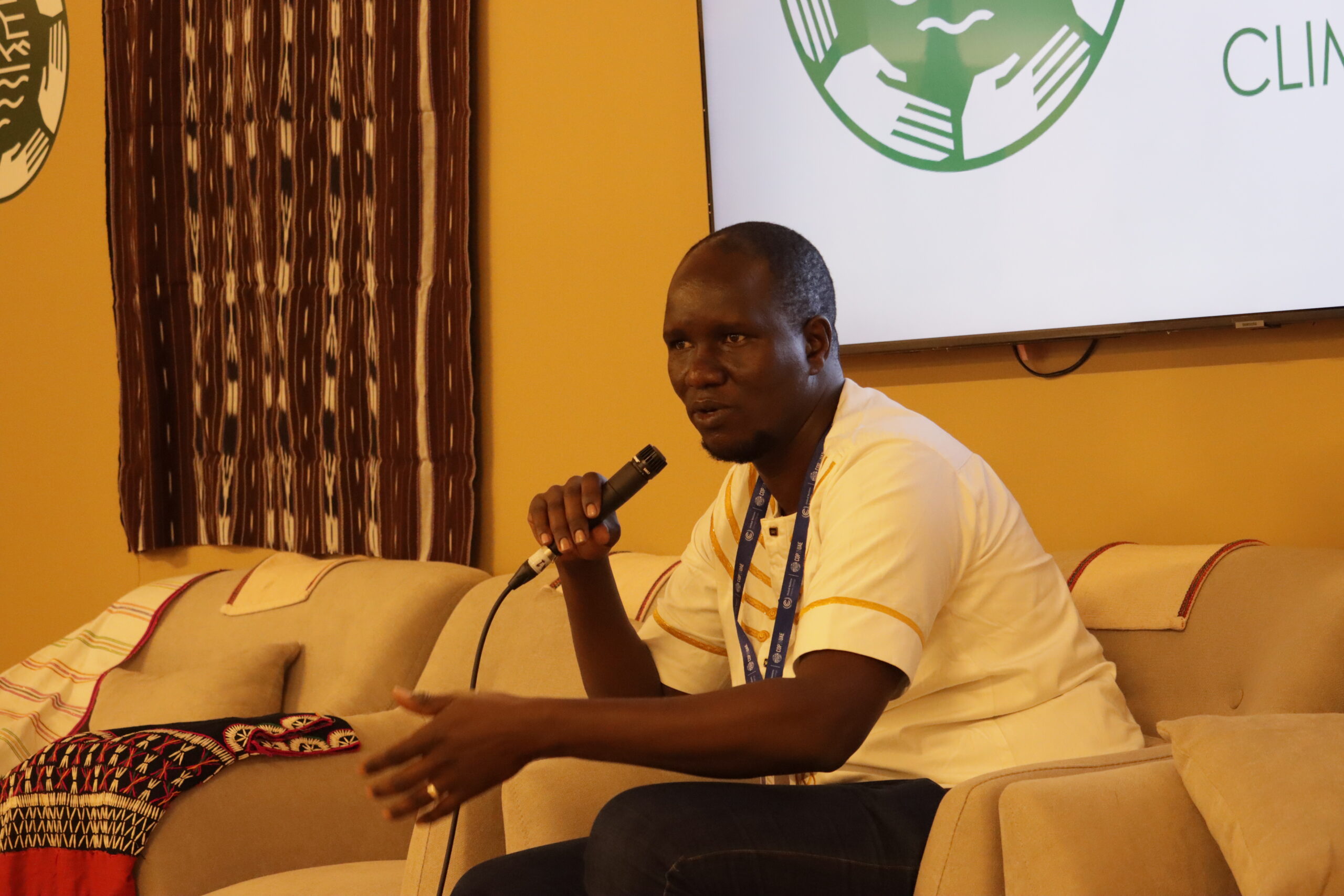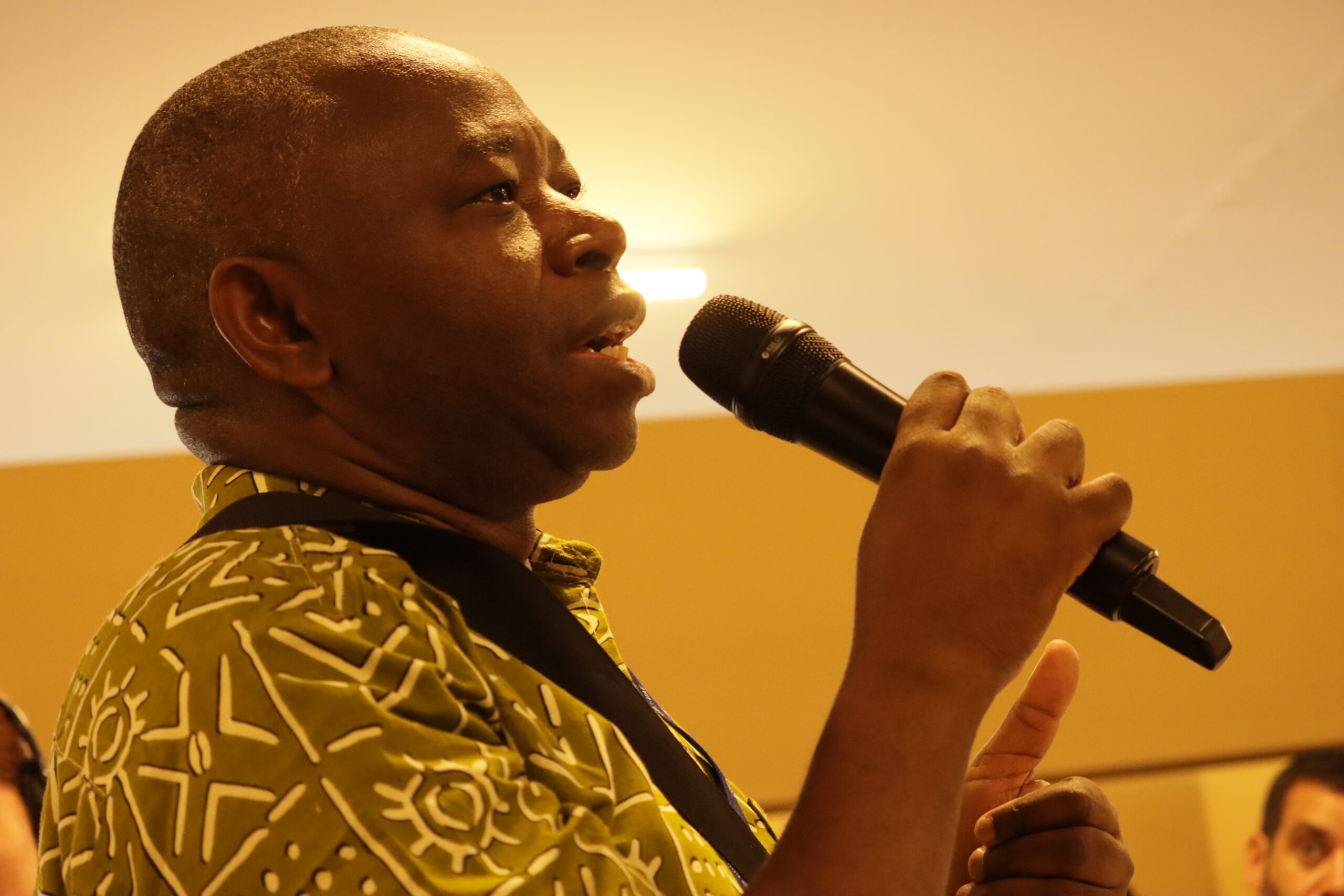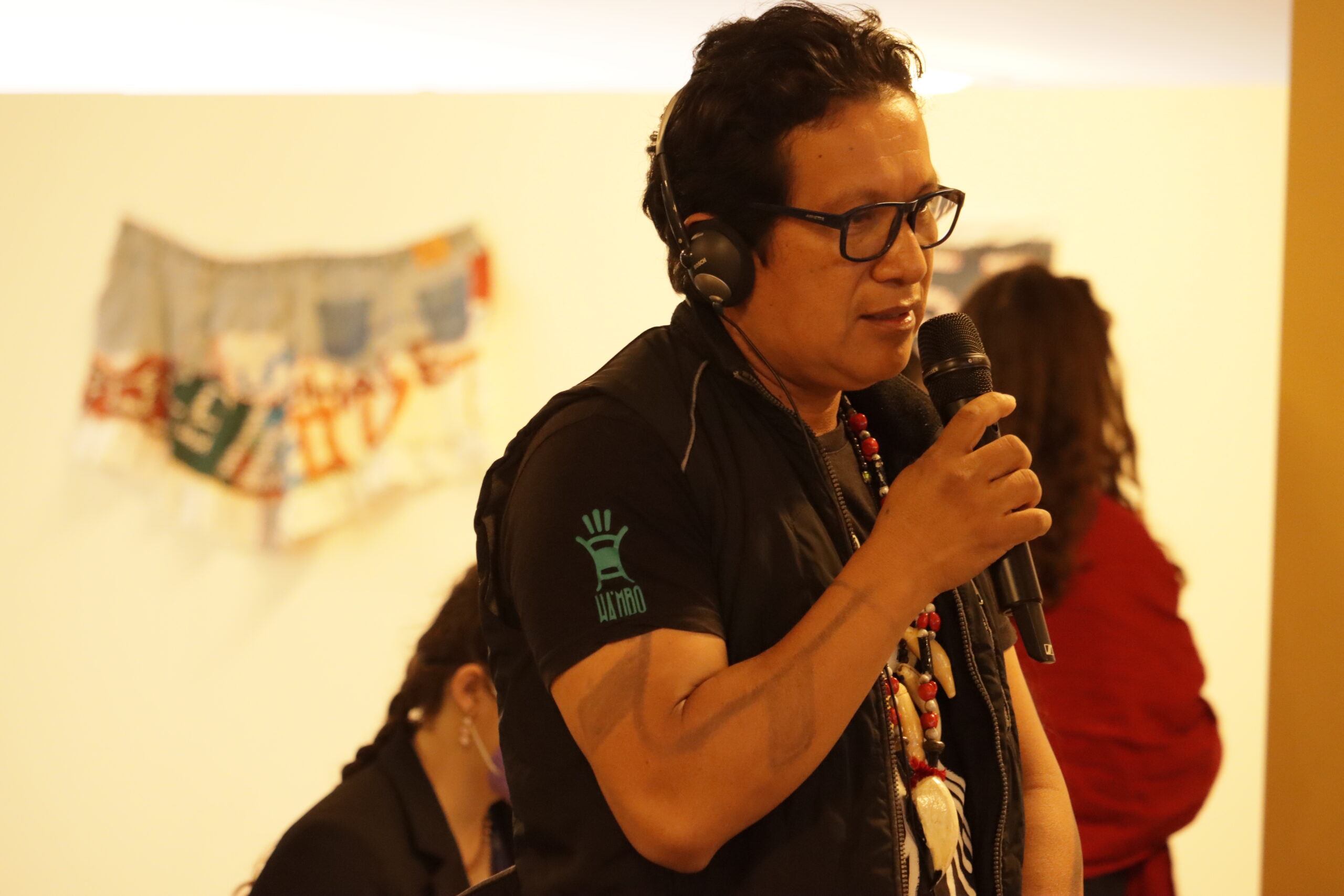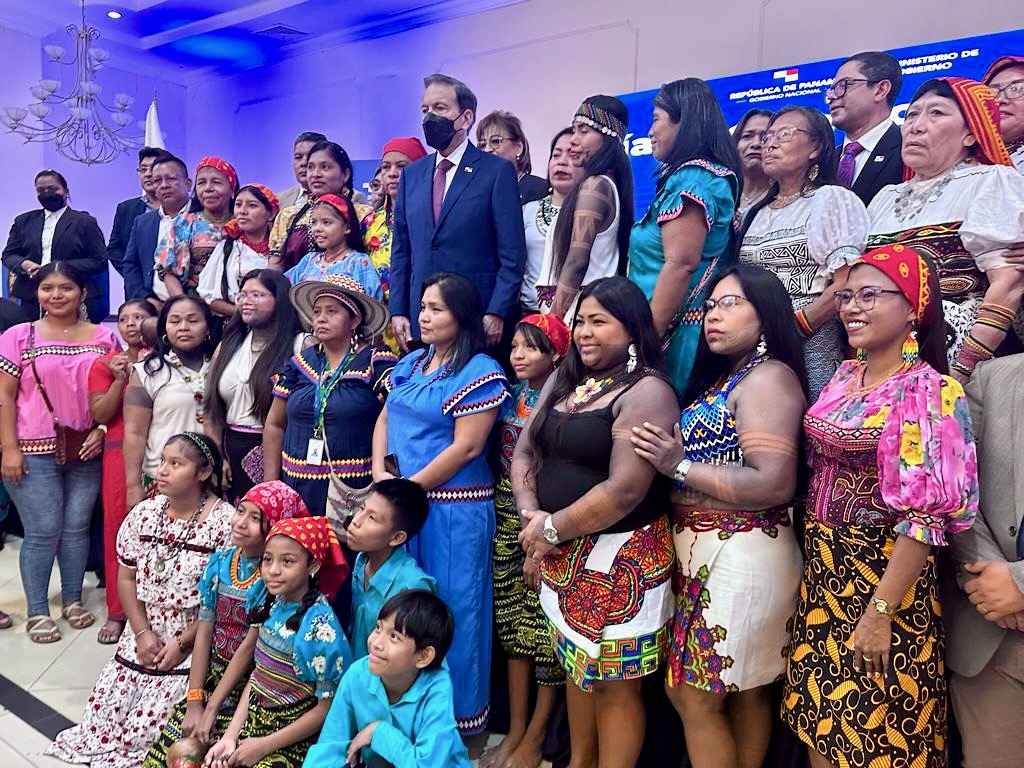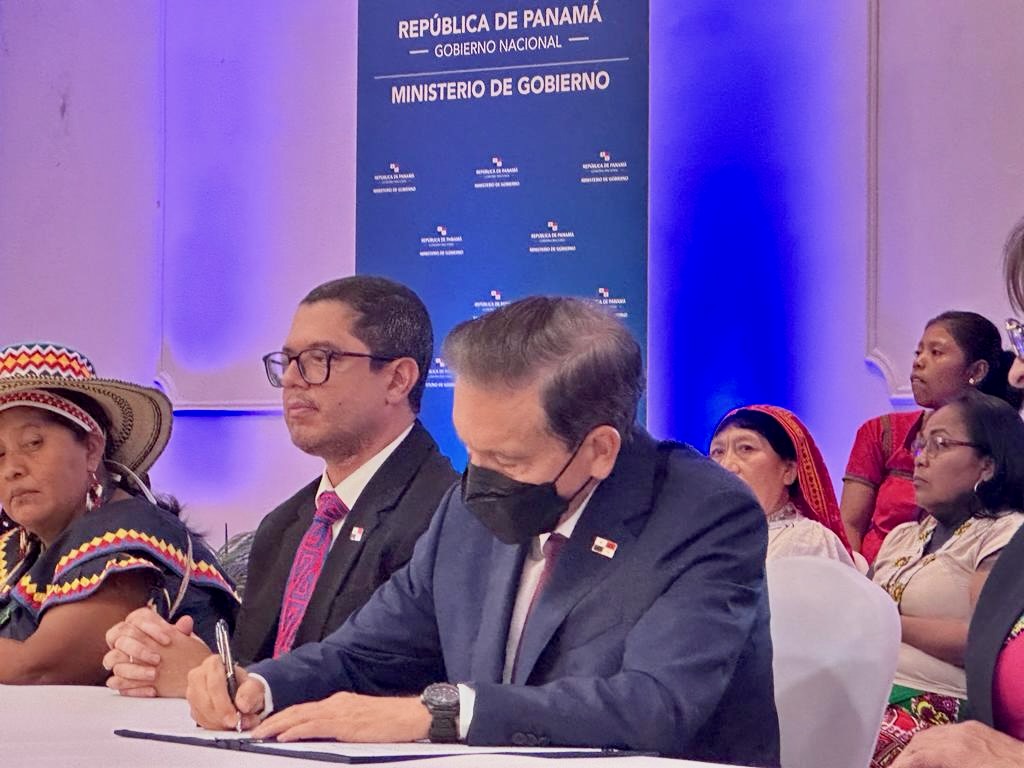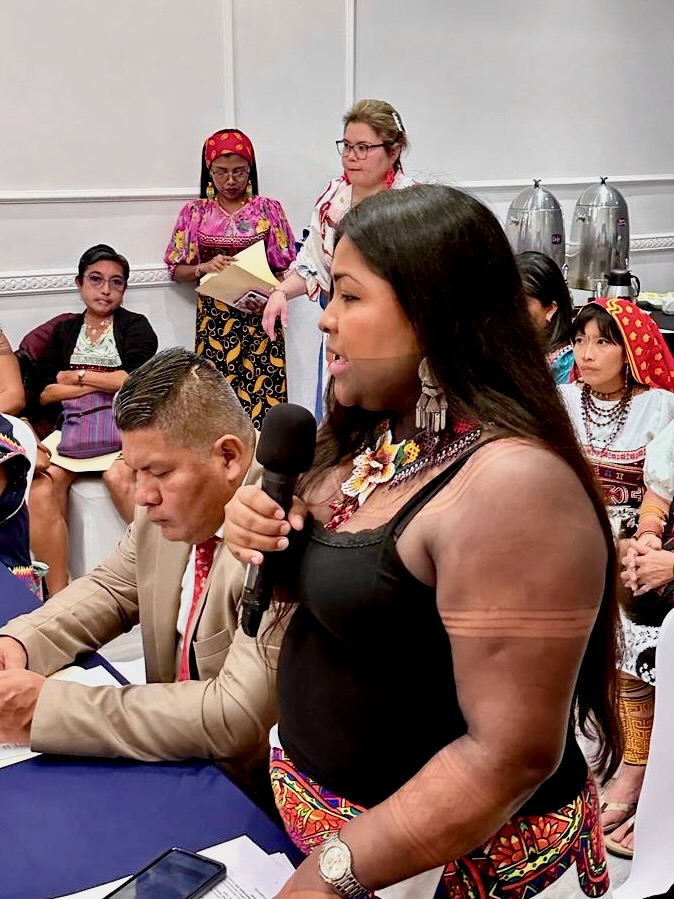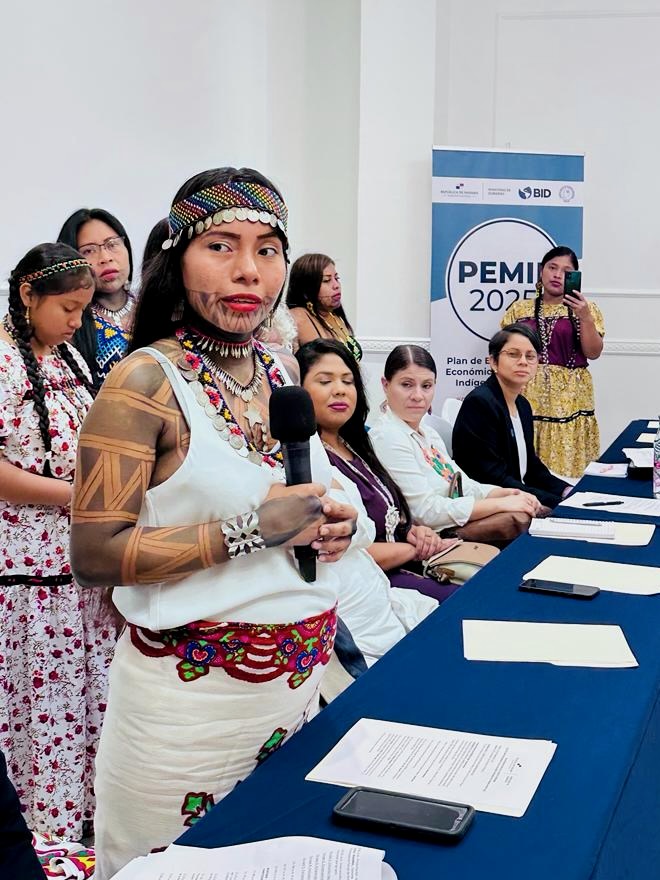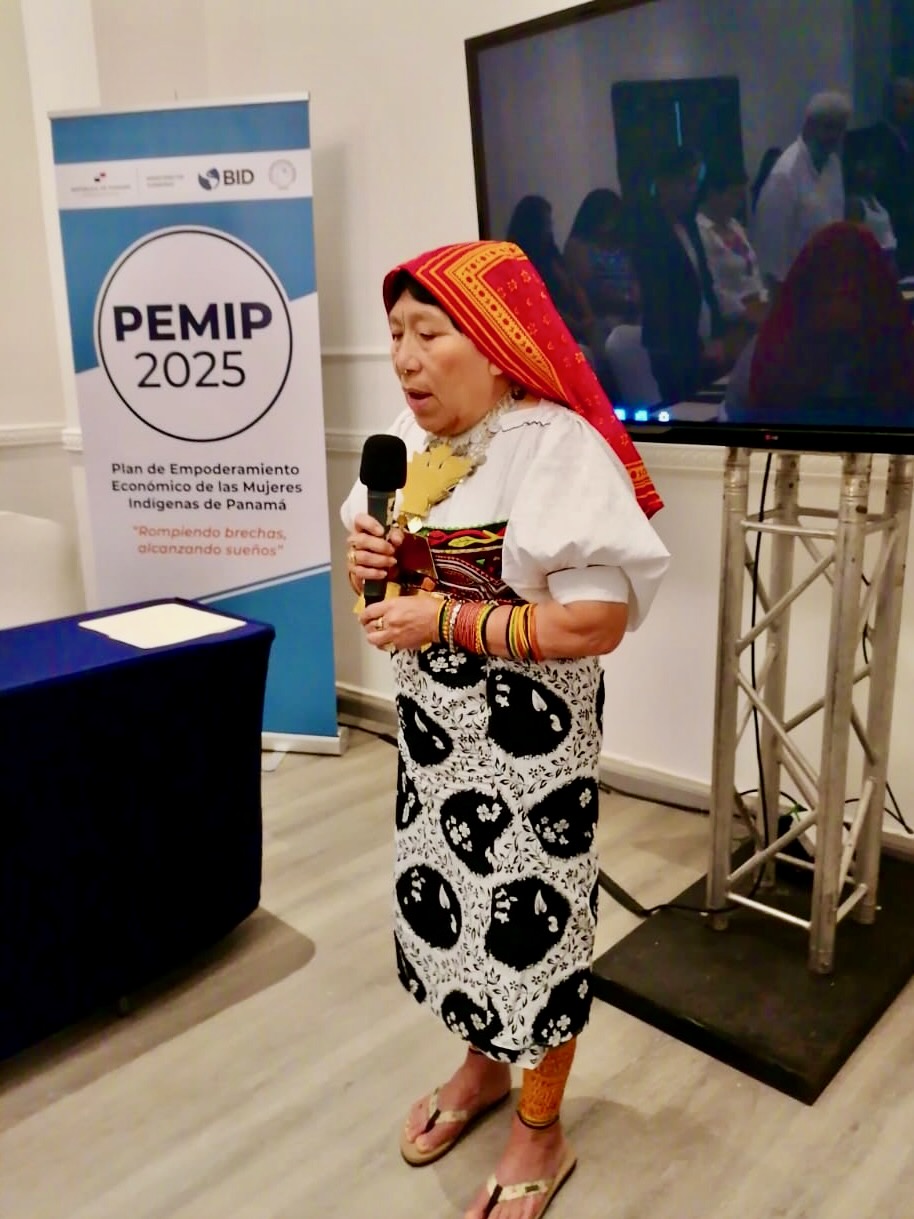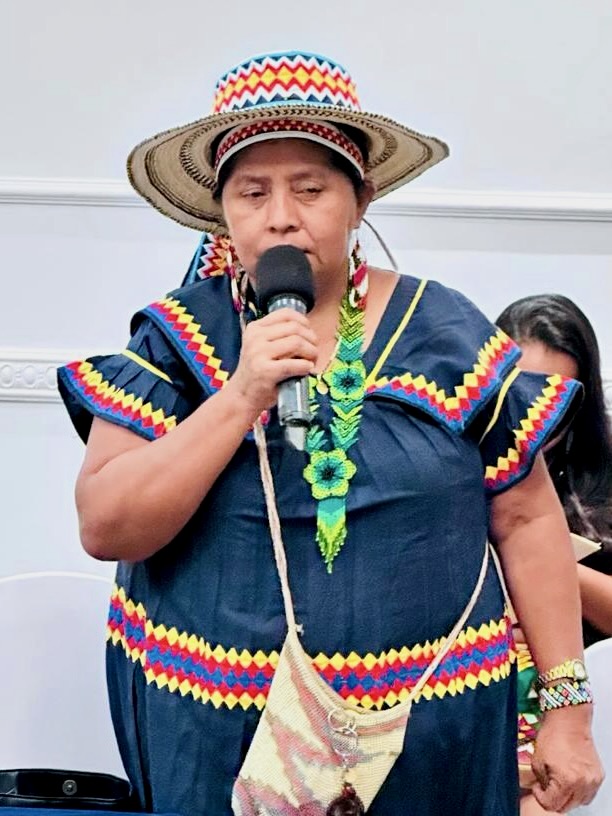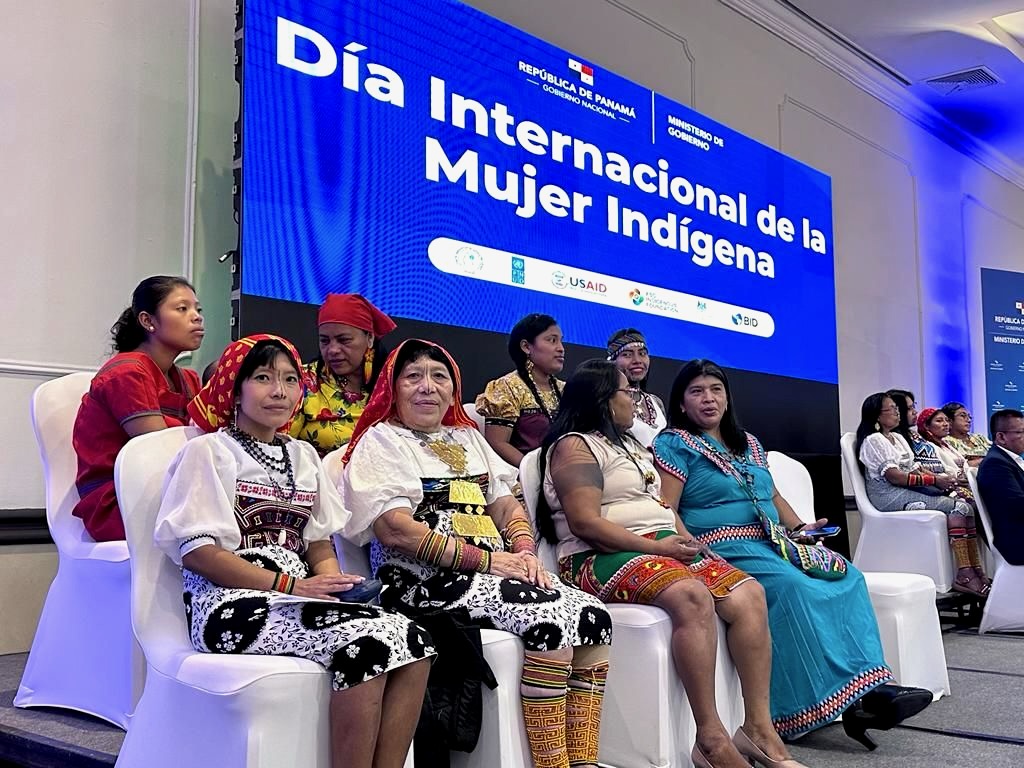Launch of Ogiek women’s empowerment project
The FSC Indigenous Foundation and Ogiek Peoples Development Program support a journey to Indigenous women’s socio-economic transformation.
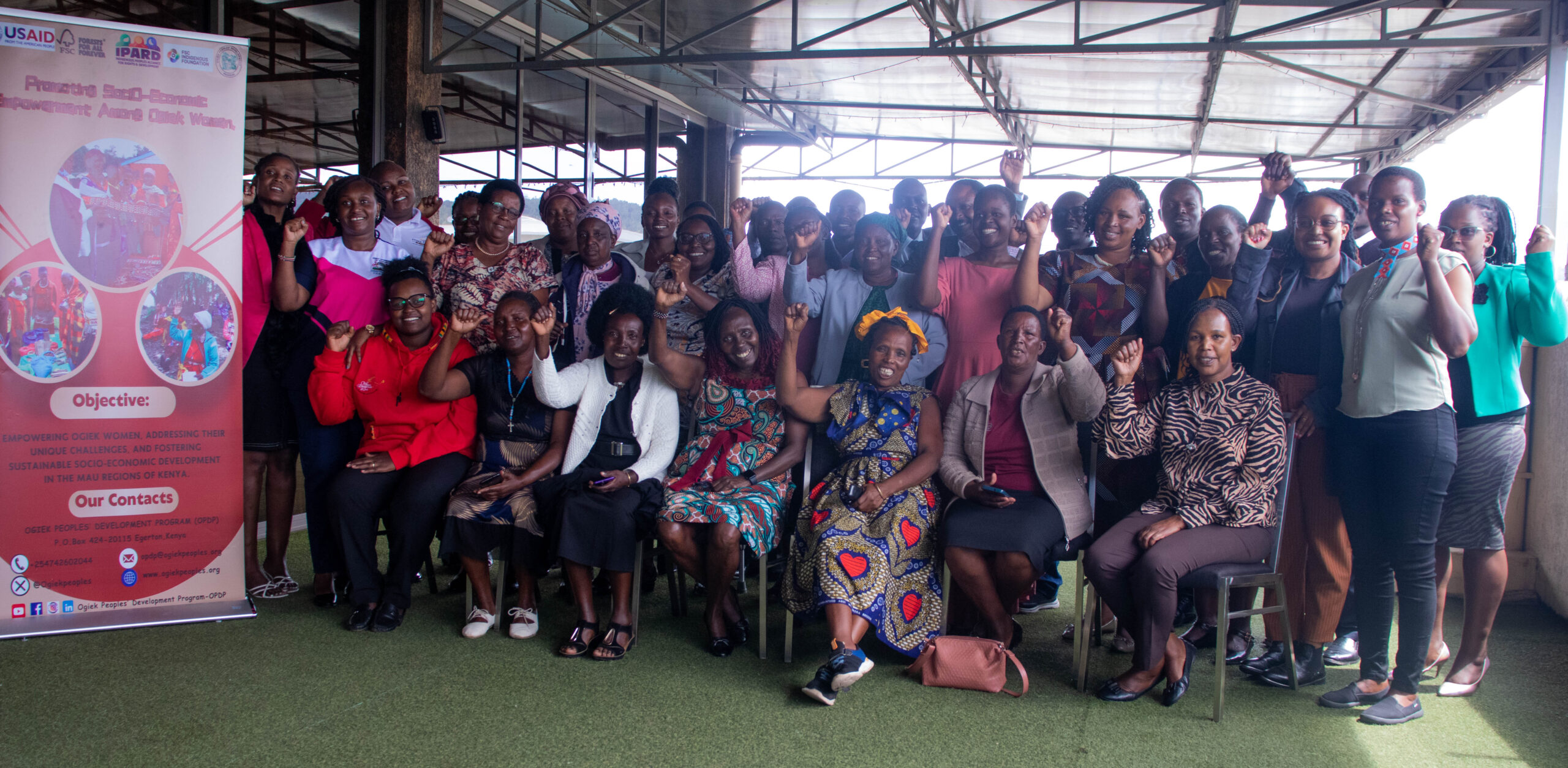
Nakuru, Kenya – On April 8, 2024, the FSC Indigenous Foundation and Ogiek Peoples Development Program launch a joint project, “Promoting Socio-Economic Empowerment among Ogiek Women of Mau, Kenya.” This project is part of the Indigenous Peoples Alliance for Rights and Development (IPARD), a five-year program implemented by the FSC-IF and funded by USAID, the Forest Stewardship Council (FSC), and private sector partners.
This event, that took place at the Ole Ken Hotel, Nakuru, marked the beginning of a transformative journey towards empowering Ogiek women, addressing their unique challenges, and fostering sustainable socio-economic development in the Mau regions of Kenya.
Participants included representatives from local government, Women Enterprise Fund, Microfinance Institutions, FSC-IF, County Executive Committee (CEC), media, and Ogiek community members.
After opening words by the Executive Director of the Ogiek Peoples’ Development Program (OPDP) Daniel Kobei, participants listened to keynote addresses from FSC-IF Africa Regional Director Salina Sanou and representatives from the Gender Departments of Narok and Nakuru Counties.
Daniel Kobei emphasized the need to work with county and national governments in Kenya and that the women’s agenda is not only an agenda of NGOs but for everybody.
“The project is also a way of championing for the rights of Ogiek People because one cannot champion for rights without food and being economically empowered.”
Daniel Kobei
“FSC-IF is committed to Indigenous women because they are pillars of our communities. Women are custodians of knowledge and culture.”
Salina Sanou
A panel discussion followed on challenges faced by Ogiek women and opportunities for collaboration with the participation of representatives of the Nakuru County Gender Department, Narok County Gender Department, Women Enterprise Fund, and a microfinance institution.
The project launch was officially opened by Josephine Achieng, County Executive Committee Member of Youth, Gender, Culture, Sports and Social Services, Nakuru County. “OPDP is taking the right trajectory of empowering women,” she said.
“We need to have women represented in all spheres of life politically, economically, and socially,” said Eunice Chepkemoi, Gender and Youth Officer at OPDP.
Participants broke into groups to explore specific areas of engagement and opportunities during project implementation. The Gender Department of Narok County noted that OPDP is now a member of the Gender Sector Working Group of Narok County.
Women from the Ogiek community emphasized that the project is bringing them hope.
“When a woman is empowered, the whole community is empowered.”
Ogiek woman representative
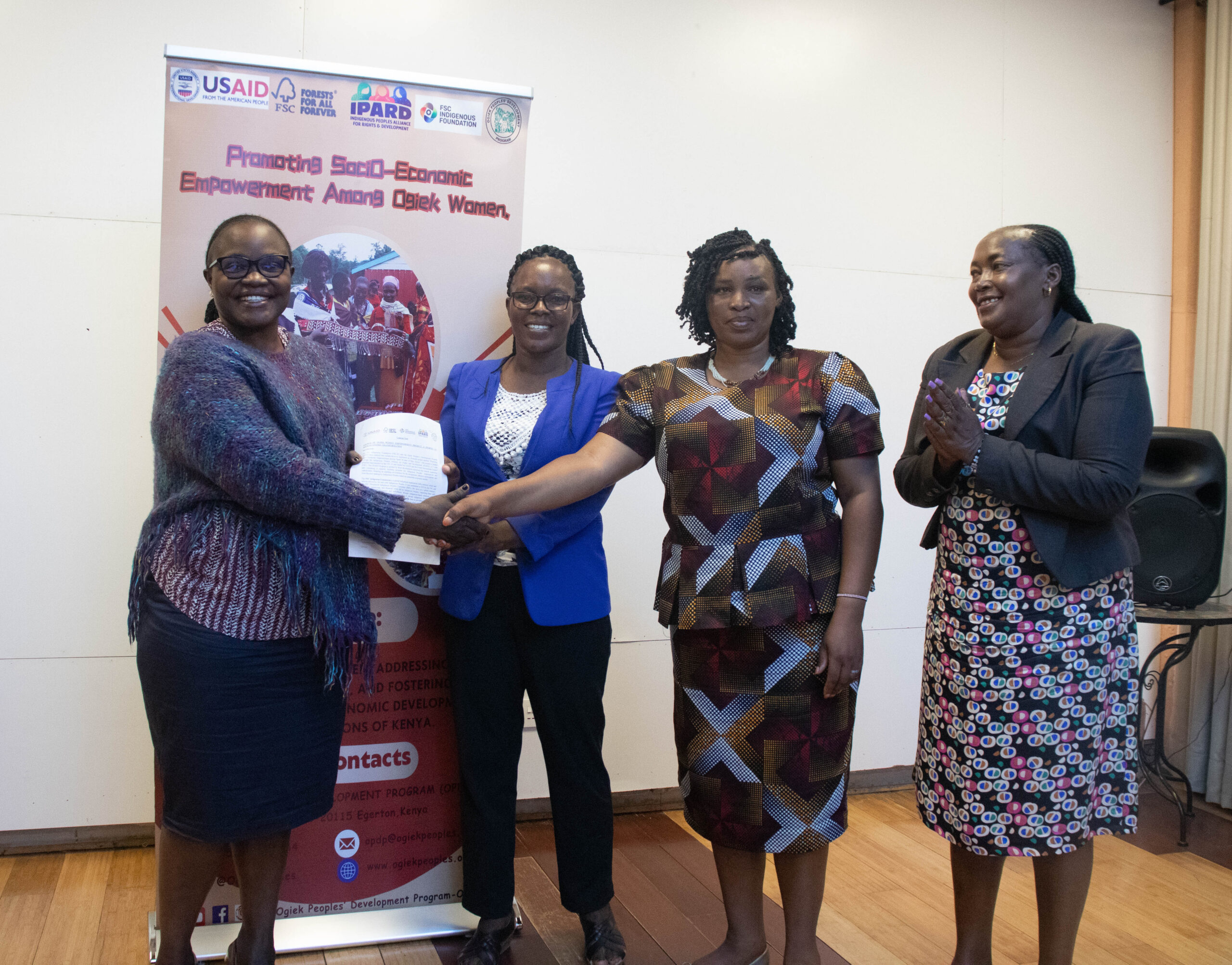
Ogiek women of Kenya
The Ogiek People face persistent challenges. Decades of forceful evictions from their ancestral lands have led to discrimination, marginalization, and oppression, resulting in low participation in development issues. Ogiek women, in particular, grapple with poverty, illiteracy, and limited access to economic opportunities. The lack of representation in the political arena further exacerbates their plight, hindering their ability to address these issues effectively.
Despite these challenges, many Ogiek women have formed women’s groups and engage in economic activities, for example, savings cooperatives, tree nurseries, livestock raising, and beekeeping. These groups could benefit from additional support and opportunities to catalyze sustainable development for their communities.
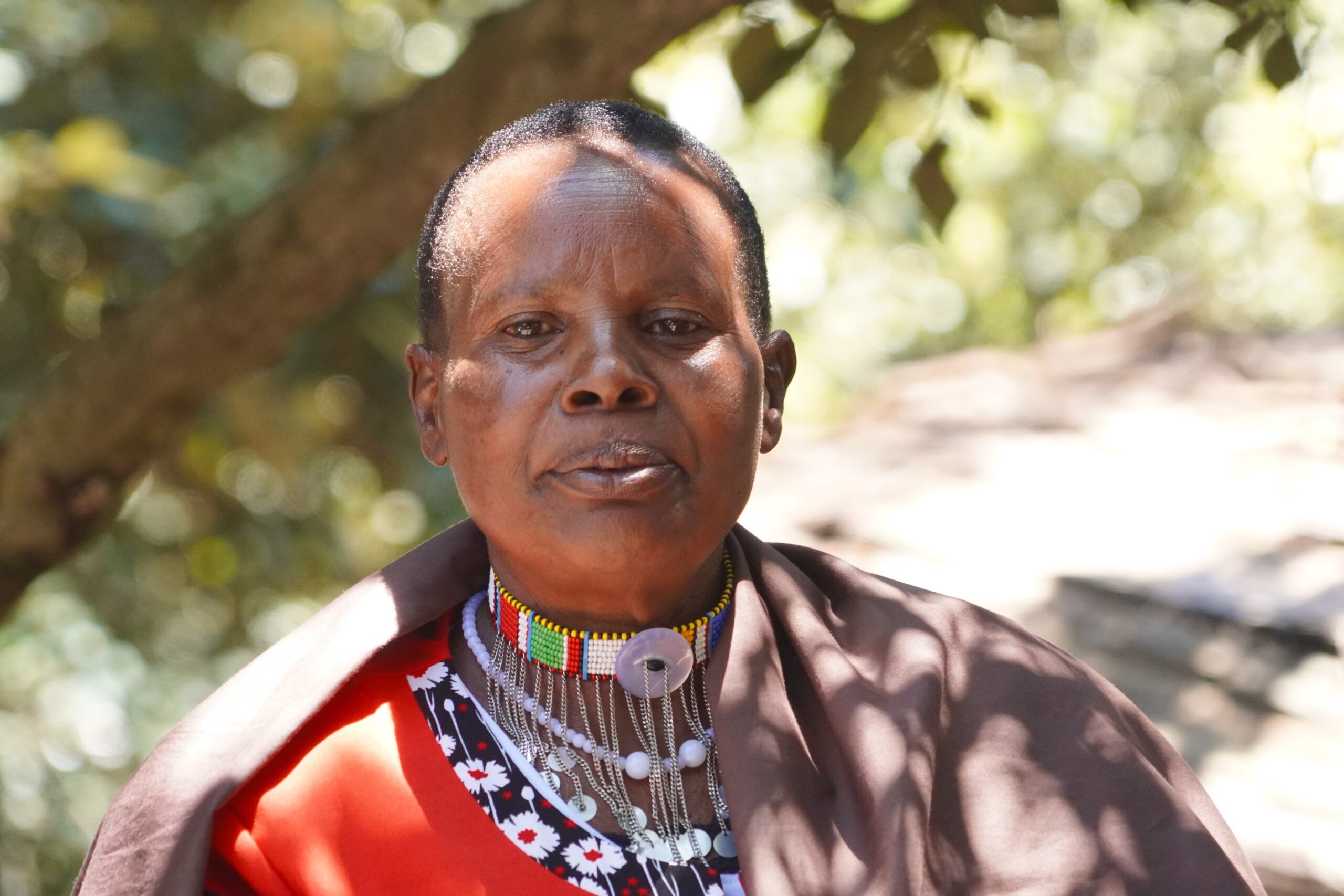
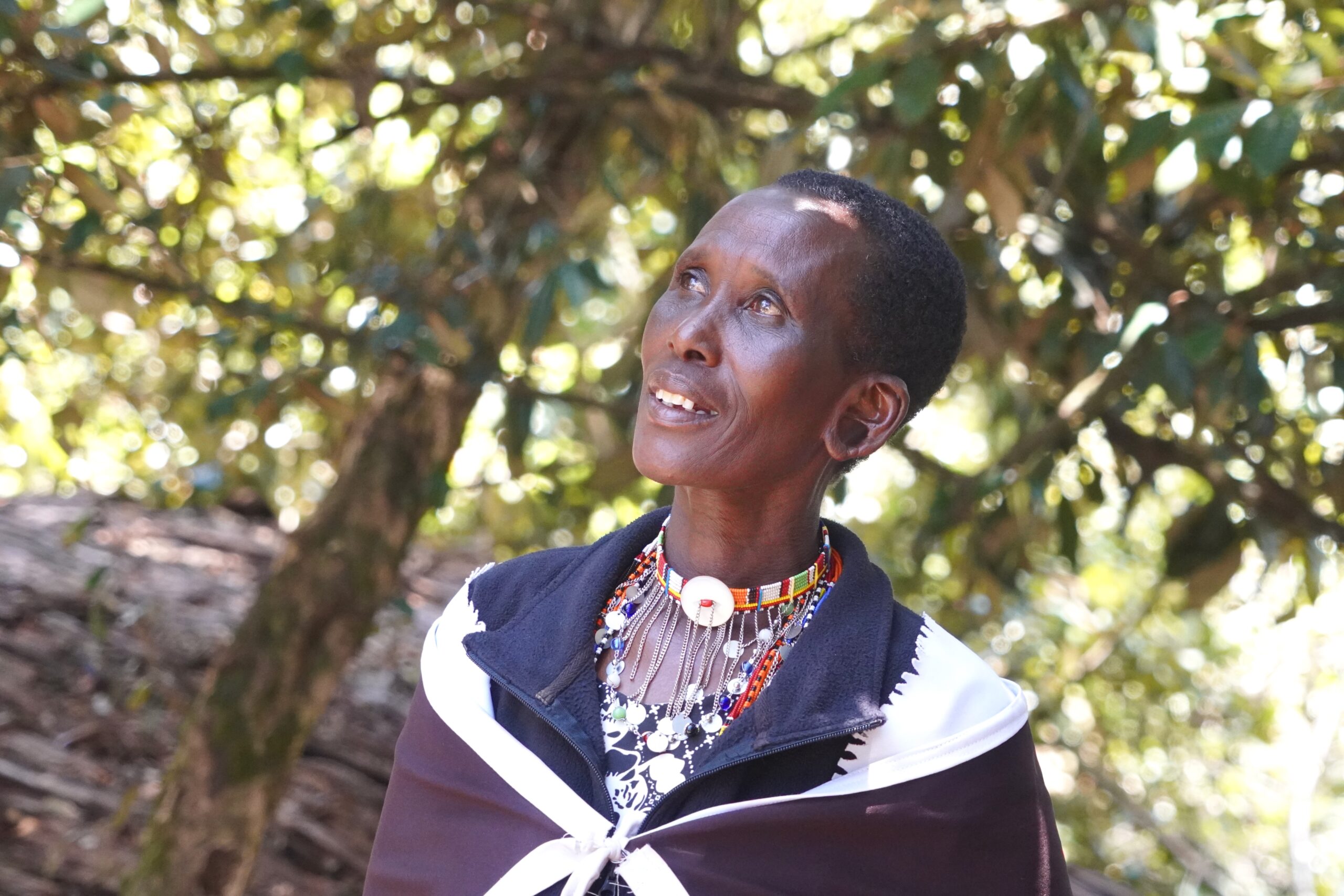
Transformation to economic empowerment
By providing Ogiek women with the necessary training and support, the FSC-IF and OPDP aim to support them to become self-reliant and economically independent.
Our joint project, “Promoting Socio-Economic Empowerment among Ogiek Women of Mau, Kenya” is a training initiative and open call for proposals from women’s groups to receive financial support.
The training initiative will equip Ogiek women with the essential skills and knowledge to engage in sustainable income-generating activities. It will also foster leadership skills among the participants, particularly the chair ladies, secretaries, and treasurers, to understand their roles and responsibilities, enabling them to guide and mentor their members within the groups.
Through the initiative, we will catalyze sustainable socio-economic development among the trainees, leading to improved livelihoods and enhanced community resilience. This will contribute to their well-being and promote inclusivity, gender equality, and community prosperity.
In parallel, Ogiek women groups across six counties of Kenya will submit proposals to apply for limited funds to support them in establishing small-scale income-generating activities. The project will support twelve sustainable projects that benefit community resilience.
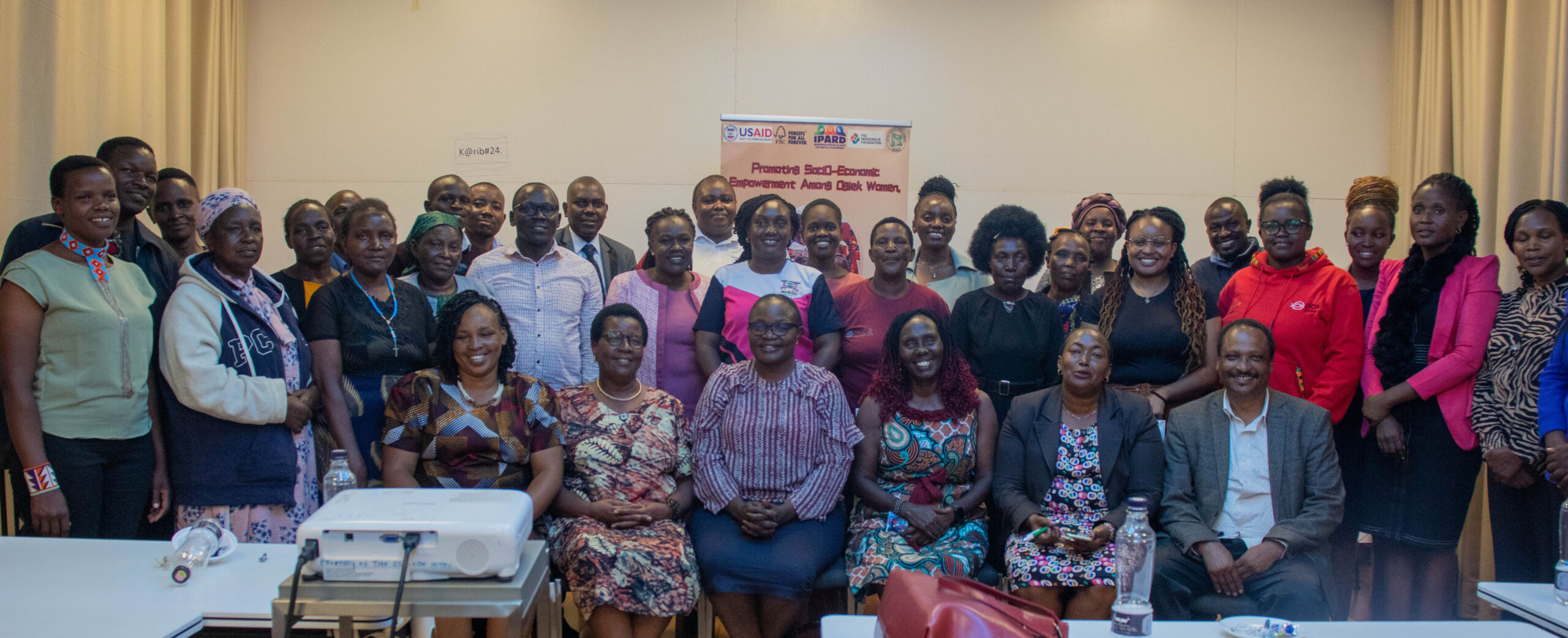
———–
The FSC Indigenous Foundation (FSC-IF) is a global Indigenous organization with a mission, values, and actions driven by, for, and with Indigenous Peoples. It was established in 2019 by the FSC and the FSC Permanent Indigenous Peoples Committee (PIPC). We serve as a global strategic, technical, operational, and financial entity led by Indigenous Peoples, supporting their self-development, self-governance, and self-reliance through Indigenous-based solutions, multi-sectoral partnerships, and funding. Our mission is to elevate Indigenous Peoples in their contribution to the protection of Mother Earth and recognize them as providers of solutions and partners to fight against global challenges. We envision a future where Indigenous-led solutions and actions, generated within one-quarter of the planet, safeguard the future of everyone and Mother Earth.
The Ogiek Peoples’ Development Program (OPDP) is a Kenya-based organization founded in 1999 and registered by the Kenyan Government as a Non-Governmental Organization (NGO) in 2001. It was formed by Ogiek elders, opinion leaders, farmers, and professionals after long land historical injustices that deprived Ogiek community of their rights as Kenyan citizens. OPDP’s work is centered on promoting the recognition and identity of Indigenous Peoples’ culture, the participation and inclusion of the communities in all sectors of development, championing for land rights, ensuring environmental protection, and overall sustainable development. OPDP has its headquarters in Nakuru town, Nakuru County, and operates nationally.

